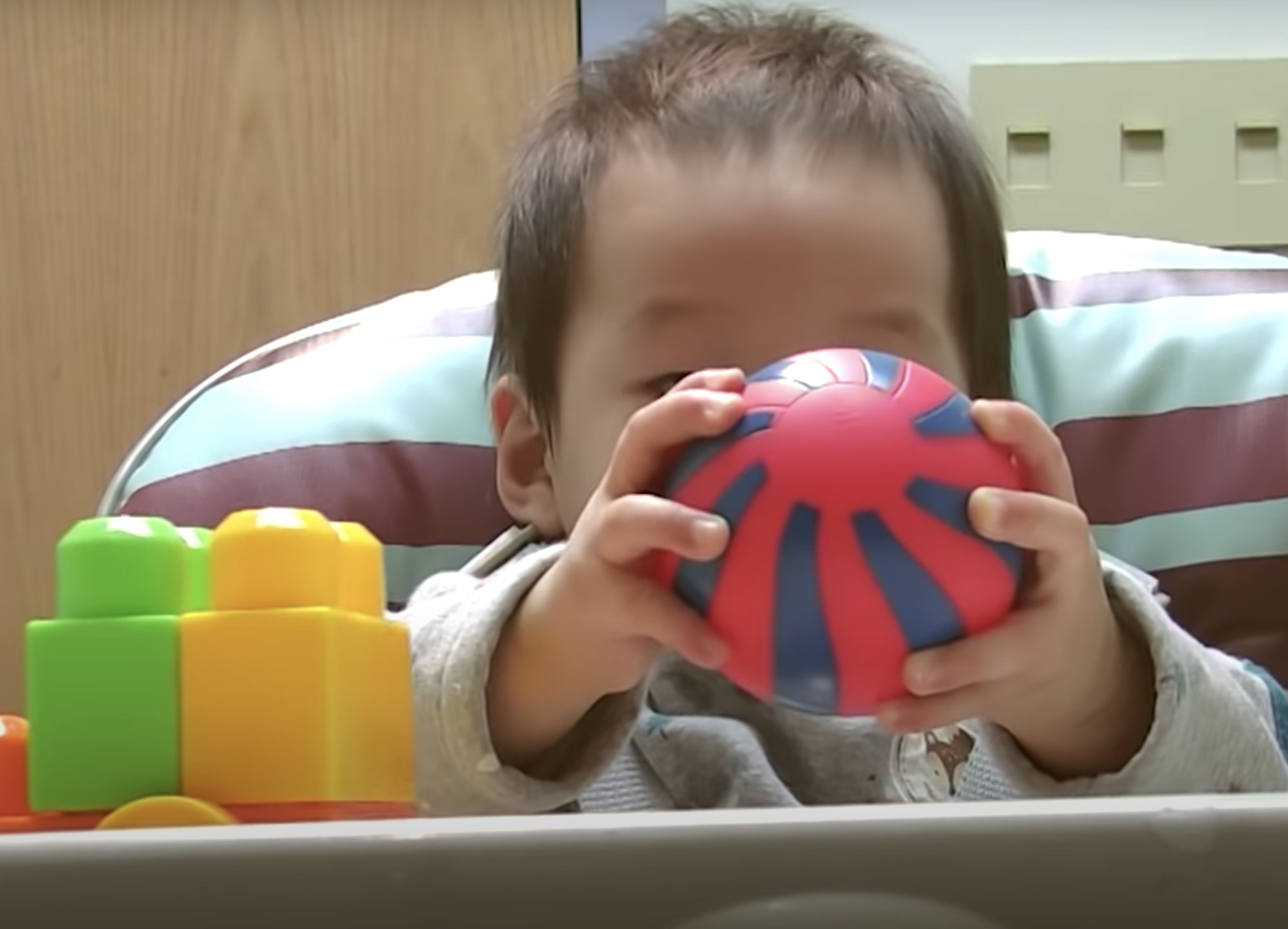
Do babies learn more from surprise?
Cognition and Learning Center (CALC) (Rutgers University - New Brunswick)
Who Can Participate |
For babies age 9 to 15 months. Each child may only participate in this study once. |
What Happens |
In this study, your baby will watch videos of different events: sometimes the objects will move in possible ways (such as a ball stopped by a wall), other times the objects will move in impossible ways (such as a ball passing through a wall). We are interested in whether babies can detect the surprising event and better remember facts about the objects that behaved in impossible ways. |
What We're Studying |
Babies naturally look longer at things that are new or surprising. Do they find these events interesting because they are particularly good learning opportunities? And if so, do babies treat surprising events seen on a screen the same way as in real life? We address this question by looking at how babies respond to surprising vs. expected events from realistic videos. We are particularly interested in how babies' experience with media influences their learning from this virtual setup. Findings from this study will tell us more about what drives babies' curiosity and how babies learn in general. |
Duration |
10 minutes |
Compensation |
This study is currently volunteer-based and not providing compensation. We will send you a customized non-monetary certificate featuring your child scientist roughly a week after your participation. |
This study is conducted by Jenny Wang (contact: child.research@psych.rutgers.edu).